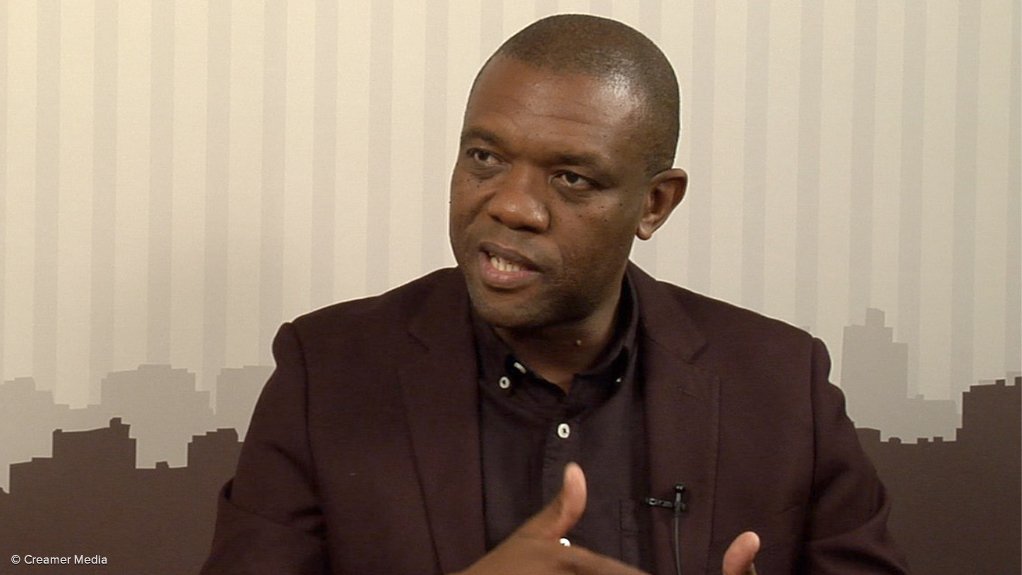One of the most unfortunate things about the irresponsible, childish and opportunistic leaking of Budget information before its actual tabling is that it has reduced what is otherwise a serious, and grave situation to one issue – the proposed VAT increase.
Don’t get me wrong. VAT is a very important issue because of the cost of living crisis we have had especially since the COVID crisis. The reaction of people to this news is entirely expected and reasonable, but it is not the only thing we must talk about otherwise we are going to make more bad decisions again.
There is also information that should come out of the totality of the budget documents that give us better perspective on the things we must do to get out of this hole and it is deep, dark hole, otherwise we will continue to throw good money after bad.
Let me mention just four:
One, this Budget is being tabled in deeply uncertain times. For example, the withdrawal of USAID funding for some critical programs means money must be found somewhere to close the gap. We cannot leave South Africans to fend for themselves. We all know about PEPFAR and its contribution to HIV/Aids programs. No matter what your personal feelings about the US are, the withdrawal of funds is not fodder for ideological argument, it is about people’s lives.
The finance minister must find a solution that parliament can support, and that solution will cost tens of billions over the medium term. We cannot claim to be surprised when we must do this.
Two, we are borrowing too much while spending inefficiently or allowing money to be stolen. Government debt was R1.79 trillion in 2014/15. In the last financial year, 2023/24 it was R5.26 trillion. Measured in inflation-adjusted terms, the burden of public debt per working-age individual climbed from R70 074 in 2014/15 to R114 974 in 2023/24, while real interest costs per individual jumped from R4 472 to R7 785 over the same period. During this decade of economic underperformance, real GDP per person fell from R80 046 to R74 599, underscoring how economic stagnation intensified pressure on households and the broader economy.
We cannot discuss the budget while totally ignoring the fact that the government misuses money through bad policy, wastes it through maladministration, and loses it entirely through corruption. As the Chairperson of the Standing Committee on Public Accounts (SCOPA), I am absolutely determined that we play our part in the Constitution’s instruction that public funds must be spent efficiently.
My last two points are examples of how government’s inefficiency and poor decisions cost billions of rands, and we do nothing about it because there is a bad attitude towards government expenditure.
Three, we lose billions to water losses, which means lost revenue. According to national treasury expenditure reviews, weak revenue management, a failure to bill consumers, low payment levels and ineffective debt collection undermine the financial sustainability of the water services sector. The shortfall, which averaged around 30% of total costs per cubic metre, is unsustainable, as it is too large to be covered by the equitable share grant. Should non-revenue water be reduced to 25% through repairs, maintenance and the refurbishment of infrastructure, the four municipalities in the study could realise an additional R800 million per year. Extrapolating this to the roughly R25 billion in revenue collected for water services in 2013/14 yields additional revenue of R5 billion per year.
Four, the government property portfolio costs too much in terms of rental expenses. For example, a sample in the KZN provincial government examined in 2019 showed that the KZN provincial government leased office accommodation from the private sector at approximately R1.052 billion from 2015/16 to 2018/19. Of the 146 rental leases analysed, only 35 were within the market rate. The rest were above market rates. Lease escalations averaged 6.3 per cent, whereas the market showed limited growth, causing the gap between the market price and actual expenditure to grow.
In 2016/17, provincial governments collectively leased R1.2 million m2 of office accommodation at an average cost of R 120 /m2 per month at a total cost of R151 million month/R1.8 billion per year. Most lease expenditure (85%) were in the major economic centres of the provinces, where average costs are R125/m2 for leases of offices that averaged 5,400m2 in size. Elsewhere, leases tend to be considerably smaller. Departments in government’s social cluster accounts for more than 50% of the leased space. These leases tend to be larger offices - over 2,000m2 - and primarily in CBDs and Main Centres, at an average rental of R126/m2. Leases for departments in the Economic and Governance clusters are for between 1,500 – 1,600m2 at an average R120/m2. Just over 20% of the total rental expenditure is on leases that have expired and are running on a month-to-month.
Based on market benchmarks, it is estimated that about a third of monthly expenditure is on leases the cost of which is above market norms. Most of the expenditure above market is in the CBD and Main Centres, and just under 90% of the expenditure above market was in 6 provinces. Just under 80% of these leases in the CBD and Main Centre that are above market.
Potential savings were estimated to be in the range of R600 million to R1.2 billion over three years.
Conclusion
Now I don’t want to take up too much time with this stuff, suffice to say a committee such as ours cannot just look at material irregularities. We must look at how government spends money and realise savings from there.
EMAIL THIS ARTICLE SAVE THIS ARTICLE ARTICLE ENQUIRY FEEDBACK
To subscribe email subscriptions@creamermedia.co.za or click here
To advertise email advertising@creamermedia.co.za or click here











